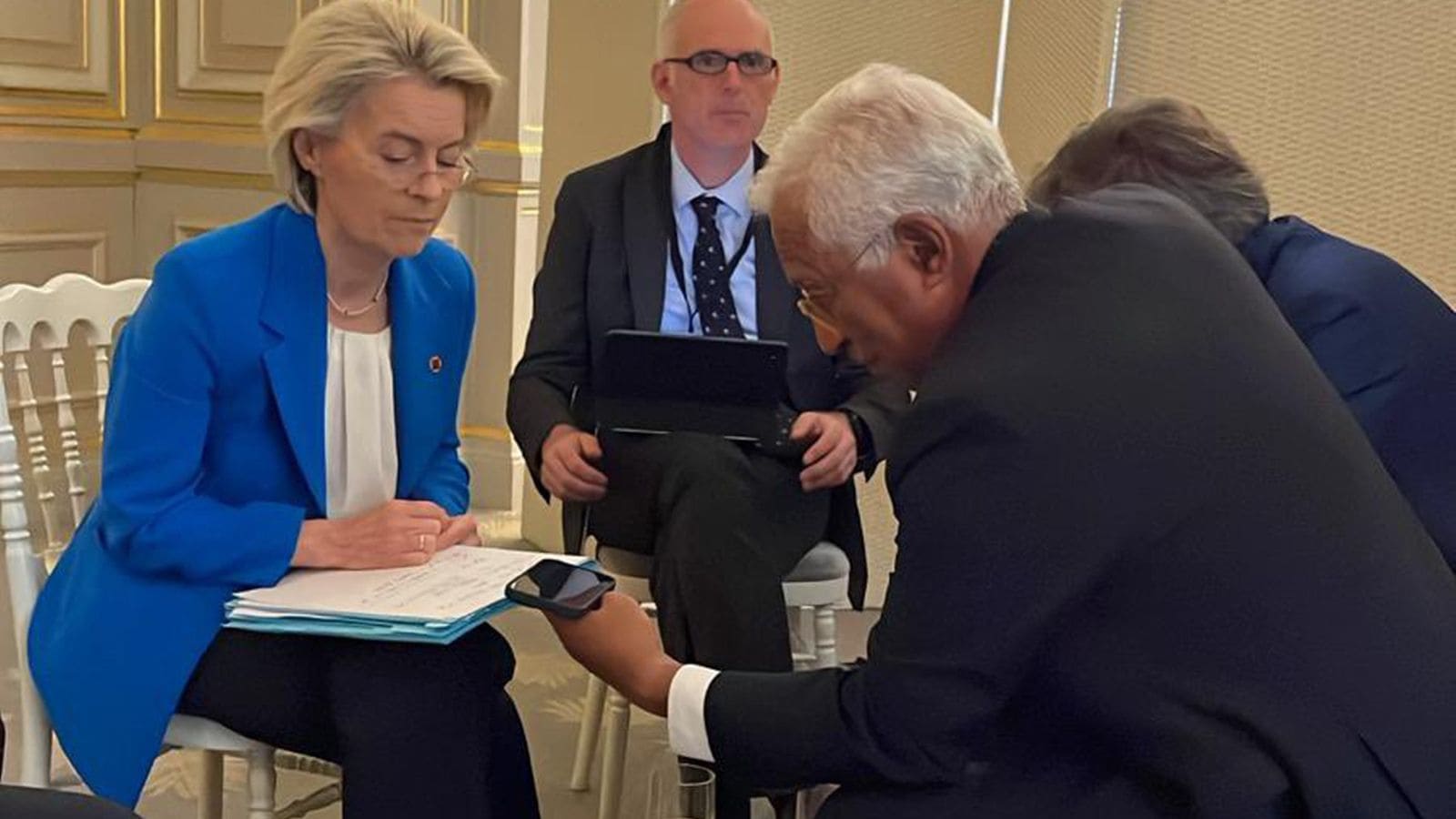
EU Negotiators in Delhi for Crucial FTA Talks
This week, negotiators from the European Union (EU) are set to arrive in Delhi to accelerate discussions on the India-EU Free Trade Agreement (FTA). Following recent talks between Indian Prime Minister Narendra Modi and EU leaders emphasizing the need for an early conclusion, this visit is pivotal. The two EU Commissioners, Maros Sefcovic for Trade and Christophe Hansen for Agriculture, will lead a 30-member team to address crucial issues, particularly in agriculture and tariffs.
The urgency of these negotiations stems from the changing global trade landscape, especially influenced by the tariff policies of the previous US administration. The EU has shown flexibility in negotiations with the US regarding contentious issues like the Carbon Border Adjustment Mechanism (CBAM). India is now expected to push for similar concessions, given that the EU had previously maintained a rigid stance on these matters during discussions with India.
Trade experts highlight that the complexities surrounding the EU's trade barriers pose challenges for Indian industries. The statistics reveal a significant decline in steel and aluminium exports to the EU, dropping by 24.4% in FY25 compared to the previous year. The impact of CBAM regulations, expected to take effect on January 1, 2026, is already being felt by Indian small and medium enterprises, which report substantial compliance costs.
With 27 chapters to negotiate within the FTA, progress has been made in 11 areas, including intellectual property rights and digital trade, which is crucial for India's thriving service sector. The ongoing negotiations are essential, as they aim to finalize key chapters while addressing contentious topics such as agriculture and tariffs on products like whisky and automobiles.
In a bid to expedite the process, the Indian Commerce Ministry has been conducting regular meetings with EU representatives, holding four rounds of discussions in the past year alone. Both sides are keen to complete the FTA by the end of the year, coinciding with the upcoming India-EU leaders' summit.
The EU, one of India's largest trading partners, accounted for €124 billion in trade in goods in 2023, making this agreement vital for enhancing economic ties. As the global trade environment evolves, these negotiations not only hold significant potential for India but also reflect the shifting dynamics of international trade relationships.











